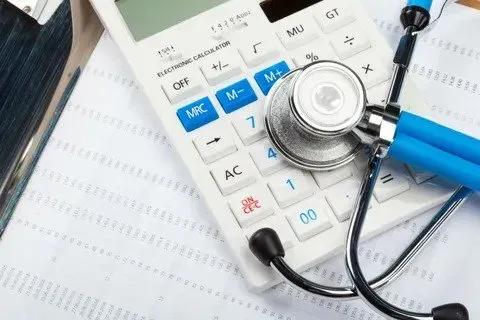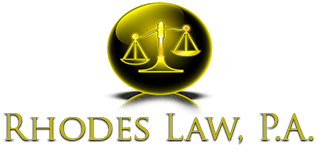Who Needs a Power of Attorney

Life is full of the unexpected, and sometimes, we need someone we trust to step in and make decisions for us. That’s where a Power of Attorney (POA) comes in. Whether you're planning ahead for the future or managing a sudden illness or injury, a Power of Attorney can be one of the most important legal tools in your personal or family planning toolbox. So, who needs a POA? And where can you get one? Let’s break it down.
What Is a Power of Attorney?
A Power of Attorney is a legal document that allows you (the "principal") to give someone else (the "agent" or "attorney-in-fact") the authority to act on your behalf. This could be for financial matters, legal decisions, or healthcare choices—depending on the type of POA. There are different types of POAs:
- General POA – Broad powers over legal and financial matters.
- Durable POA – Remains in effect if you become incapacitated.
- Healthcare POA (Medical POA) – Grants someone authority to make medical decisions if you can’t.
- Limited or Special POA – Used for specific tasks, like selling a house while you're abroad.
Who Needs a Power of Attorney?
Here’s a simple truth: almost everyone can benefit from having a POA in place—not just the elderly or terminally ill.
Here’s why you might need one:
Older Adults or Retirees - As we age, planning for future care becomes more important. A durable POA ensures someone you trust can handle your affairs if you're unable to.
People Facing Surgery or Medical Treatment - If you're preparing for a major surgery or undergoing medical treatment, a healthcare POA lets someone make medical decisions if you're under anesthesia or unconscious.
Individuals with High-Risk Jobs - Military personnel, offshore workers, or others with dangerous professions often create a POA in case something happens while they’re on duty.
Frequent Travelers or Expats - Living or working abroad? A POA allows someone back home to manage your property, banking, or taxes in your absence.
Parents of Adult Children - Once your child turns 18, you no longer have automatic rights to make decisions for them in an emergency. A POA can be useful for college students or young adults to allow parental help with medical or financial matters.
Business Owners - A POA can authorize someone to manage business operations if you're unavailable.
Where Do You Get a Power of Attorney?
Good news: Getting a POA isn’t as complicated as it sounds. Here are your main options:
Hire an Attorney - The safest way is to have a lawyer draft a POA tailored to your needs and your state’s laws. This ensures it's valid, enforceable, and specific.
- Best for: Complex financial situations, estate planning, or elder care.
- Where: Local law firms, elder law attorneys, or estate planning specialists.
Online Legal Services - Websites like LegalZoom, Rocket Lawyer, or Nolo offer DIY Power of Attorney templates you can fill out and download.
- Best for: Simple situations with limited scope.
- Where: Online — just make sure the document complies with your state laws.
Your Local Government or Court - Some states provide free or low-cost POA forms through the county clerk, court, or health department—especially for medical POAs.
- Best for: Budget-conscious individuals or basic needs.
- Where: State or county websites, or local court offices.
Banks and Financial Institutions - For financial powers of attorney, some banks require you to use their own POA forms. Check with them directly if that’s your goal.
Don’t Wait Until It’s Too Late
A Power of Attorney isn’t just for emergencies—it's a smart, proactive step in protecting your future and the people you care about. You can always revise or revoke it later, but having one in place before you need it can save time, money, and stress.
If you're unsure where to start, consult Ruth Rhodes at Rhodes Law, P.A. for your consultation. She understands the importance of elder law planning for the unexpected and inevitable. So, don't wait! Call today at 321-610-4542!
You might also like




